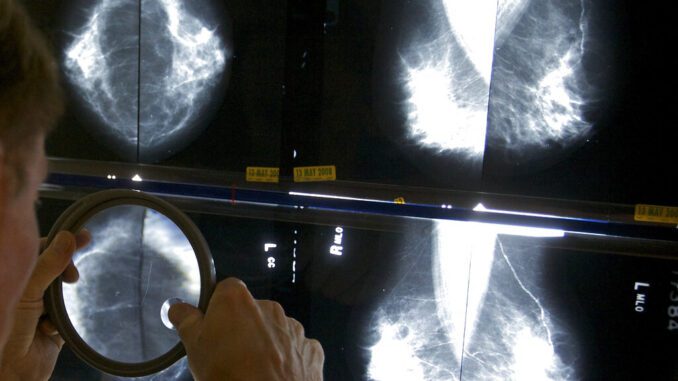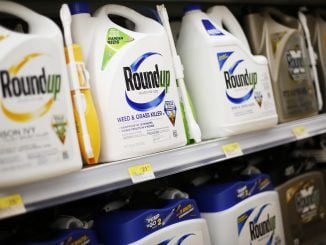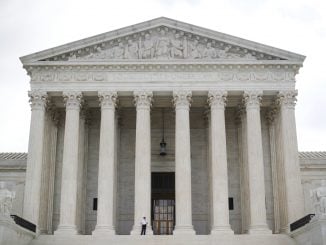
Seven years ago, my husband Andy and I went to the beach for a week of rest and relaxation. Once we’d arrived, I left all the luggage in the car, grabbed my swimsuit, sunscreen and hat and headed right for the ocean.
“Don’t swim at dusk, Julia,” Andy said. “That’s when the sharks come and feed.”
“No shark wants me!” I answered as I laughed and dove into the surf.
It turned out another kind of shark was already attacking my body. “What’s wrong with your breast?” my husband asked as I came out of the surf. “You better get that checked, Julia.”
Of course, I didn’t. Like most people sadly do when confronted with such an observation, I waited a week, thinking and hoping I just had an infection. It was red, hot and itchy, nothing like any cancer I had witnessed as a doctor.
After two more weeks on antibiotics, I googled my symptoms and discovered Inflammatory Breast Cancer — “aggressive, rare, must be treated immediately.”
Now, I was scared. Beyond scared. “What is going to happen to me, my husband and my children if I die?” came to my mind immediately.
I emailed an oncologist, an acquaintance of mine at the hospital, and asked for a consult. Two hours later, I had four emails that all said the same thing: “Someone will call you first thing in the morning.”
After being squeezed in to be seen immediately the next morning on an emergency basis to undergo 10 hours of testing, my doctor started to explain the diagnosis. I was swimming in a sea of disorientation, barely able to hear, much less comprehend anything she was saying.
When I finally got home, I googled my diagnosis the next morning, only to see these disturbing words: “Survival statistics show less than a 25% chance to live two more years.”
What can any person possibly say or think when confronted with such cold hard numbers? “This is my life! What is going to happen to me, my husband and my wonderful children, now grown-up adults? I need some hope!”
What is going to happen to me, my husband and my children if I die?
Once I came out of my stunned stupor upon hearing the horrifying news, I resolved to defy the odds and ignore predictions about how long I had left to live on this earth.
I decided to adopt the mantra: “Who Cares What The Numbers Say?” I certainly couldn’t just accept the inevitability of their predictions.
“Can’t we wait until the biopsy comes back before making treatment plans?”
Nope, she said. Her answer was, “You are going to get an ultrasound of your heart on Monday, a port will be placed in your chest on Tuesday and you will start chemo on Wednesday that will last for seven months. Then, you’ll have a radical mastectomy and six weeks of intensive radiation.”
My daughter never missed a single treatment I had, holding my hand throughout. My husband took me every Wednesday and sat by my side, bringing his work with him because he couldn’t witness the suffering.
Every day I prayed, “Lord, give me grace to accept this malady and courage to believe in these doctors, nurses and medications. May these chemicals attack the cancer cells and spare the healthy ones, minimizing the negative side effects on my body and mind. May the light of your countenance shine down upon us, now and always. Protect my children from this tragedy. In the name of Jesus — the great Healer, the great Physician — we pray. Amen.”
Today I live through and by God’s grace, mercy and the healing power of Jesus Christ, of course, with more than a little help from traditional medicine. Following a plant-based diet has also boosted my immune system, staving off this deadly disease.
Of course, I continue to beg and pray, “Save me today, God!” knowing that “His will will be done” in His eternal plan for me and my family.
Four years ago, I sat in a room with my husband, while six providers looked down at their feet, one of them mumbling something about “keeping me comfortable,” since, apparently, they all thought I was heading to hospice.
I screamed out, “No! I don’t believe those numbers!”
The odds of me being here, writing these words, were slim, but I have lived. You can too. You shouldn’t believe those numbers either.
Dr. Julia Burns book, “Who Cares What the Numbers Say?” is a journey in defying cancer. It is available on Amazon and at Barnes and Noble.



